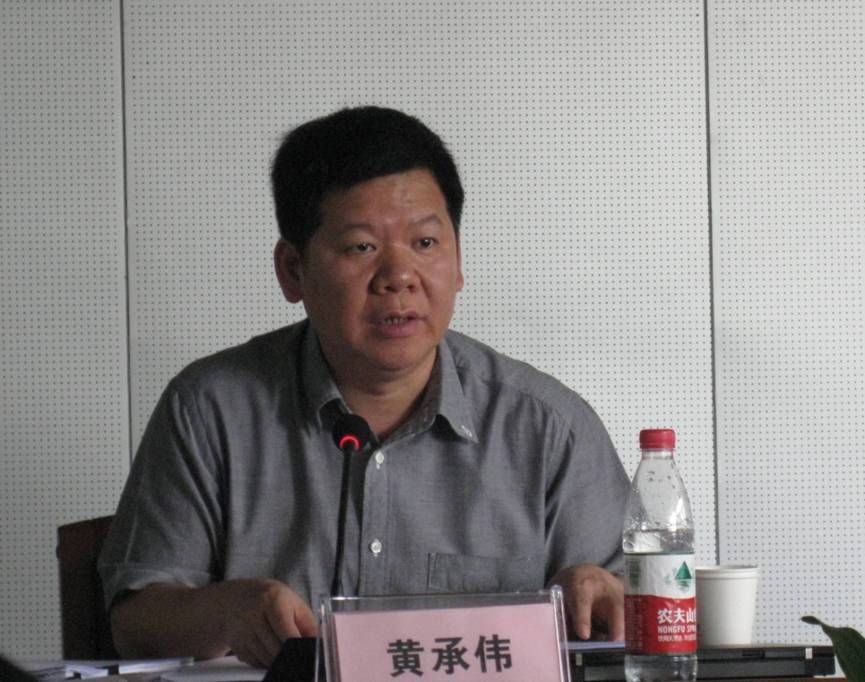.bmp)
From October 22 to 25, 2010, In order to facilitate the studies of the mechanism of combining disaster prevention, mitigation and post-disaster reconstruction with development-oriented poverty reduction, and solicit extensive opinions from experts in various fields on the project of “Disaster Risk Management and Studies of Theoretical Methods for Poverty Reduction IPRCC”, Peking University Shenzhen Graduate School and UNDP co-hosted this event in Shenzhen. The workshop was convened based on the two similar previous events held in Mianyang this July and in Chengdu this September respectively. More than 20 experts and scholars from UNDP, Peking University (PKU), Beijing Normal University (BNU), Minzu University of China (MUC), Central China Normal University (CCNU), Sichuan Agricultural University (SAU) and Southwest University for Nationalities (SUN) attended the meeting.

IPRCC Deputy Director-General Huang Chengwei presided over the workshop and made concluding remarks. He pointed out that China is a country frequently affected by natural disasters. The disaster-prone regions are usually financially strained. Disaster risks are closely linked to poverty. However, domestic research on the relations between the two remains rather inadequate. The formulation of the mechanism for Disaster Risk Management and Studies of Theoretical Methods for Poverty Alleviation will process various disciplines to reach the common sense under the same theme and promote the establishment of the platform for disaster management.
It is also of great significance to the provision of the reference to government decision-making, international exchanges and the support of the implementation of poverty reduction strategies in the coming decades.
During the meeting, the participants carried out a thorough discussion over the project design and research framework of based on their respective disciplines and academic experience. They also fleshed out and improved the specific action plan for the next stage, and reached a consensus on the development of the project concept.
Through this workshop, various sides identified the objectives of the study, reached a consensus on the framework and activity plan of the project, and made arrangements for the relevant matters including the annual project report and the launching of priority projects. Overall, the workshop was successful.
